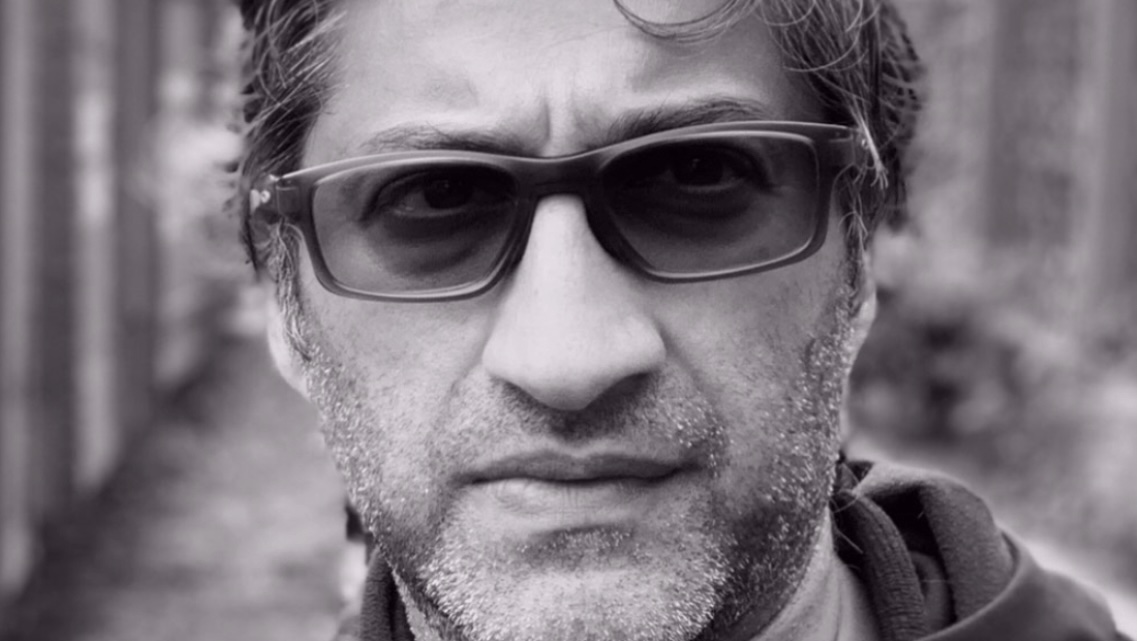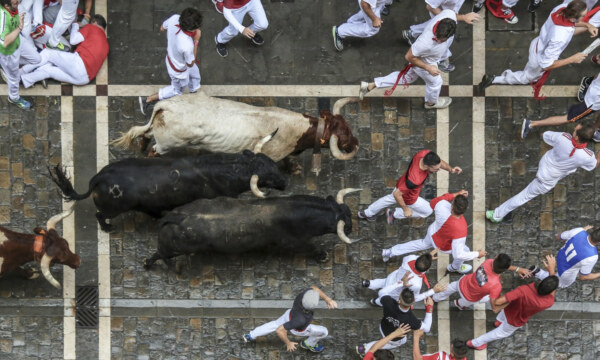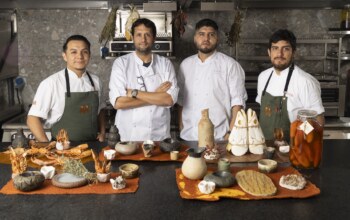Asif Kapadia expands documentary education through international speaking engagements

Academy Award-winning documentary filmmaker Asif Kapadia has extended his influence beyond filmmaking through educational initiatives and festival participation. Recent activities include a master talk with Spain’s SGAE Foundation and jury service at the 8th Malaysia International Film Festival, demonstrating his commitment to nurturing emerging documentary talent globally.
Kapadia’s educational outreach reflects his broader mission to democratize filmmaking knowledge. Having established himself through documentaries like “Amy,” “Senna,” and his recent work “2073”, he now shares production methodologies with international audiences.
Educational philosophy and practical methods
Kapadia’s teaching methodology emphasises practical problem-solving over theoretical frameworks. His educational sessions focus on real production challenges, drawing from his experience navigating limited budgets, complex rights negotiations, and innovative archival techniques.
The filmmaker’s approach to education mirrors his documentary practice, avoiding traditional lecture formats while favoring interactive discussions that allow participants to engage directly with specific production questions. This methodology reflects his broader rejection of conventional industry hierarchies.
Educational sessions typically cover his signature archival approach, which avoids talking head interviews while favoring narratives constructed entirely through existing footage. Participants learn techniques for sourcing rare materials, negotiating rights clearances, and integrating disparate visual elements into coherent storytelling frameworks.
Festival jury responsibilities
Kapadia’s jury service at the Malaysia International Film Festival positions him among peers evaluating emerging documentary work from Southeast Asian filmmakers. His participation reflects growing international recognition of his innovative approaches to nonfiction storytelling.
Festival jury responsibilities involve evaluating submissions across multiple categories, providing feedback to emerging filmmakers, and identifying trends in contemporary documentary production. Kapadia’s experience with hybrid forms offers valuable perspective for assessing experimental approaches to nonfiction filmmaking.
Malaysia International Film Festival functions as one of Southeast Asia’s significant documentary platforms, attracting submissions from across the region. Kapadia’s involvement provides emerging filmmakers access to expertise typically concentrated in Western production centers.
SGAE foundation collaboration
Kapadia’s collaboration with Spain’s SGAE Foundation addresses documentary production within European creative industries. The foundation supports audiovisual creators through educational programming and professional development initiatives.
Master talk formats allow detailed examination of specific production challenges, including music rights negotiations, family cooperation in biographical projects, and innovative editing techniques. Participants gain insight into Kapadia’s approach to maintaining creative control while working within commercial constraints.
SGAE Foundation programming typically attracts established professionals alongside emerging talent, creating opportunities for knowledge transfer across career stages. Kapadia’s participation supports the foundation’s mission to advance Spanish and European documentary production capabilities.
Contemporary documentary education patterns
Kapadia’s educational activities align with broader industry movements toward international knowledge sharing and production collaboration. Contemporary documentary education increasingly emphasises practical skills over theoretical study, reflecting the field’s commercial and technological developments.
International festival participation provides emerging filmmakers access to established practitioners who can offer practical guidance on production challenges. These interactions often prove more valuable than formal educational programming for career development purposes.
Global nature of contemporary documentary distribution creates demand for filmmakers who understand international markets and cross-cultural storytelling approaches. Kapadia’s educational contributions address these industry requirements.
Production knowledge transfer
Kapadia’s educational sessions focus heavily on his innovative archival techniques, which have influenced contemporary documentary practice. His approach to avoiding traditional interview formats while maintaining narrative coherence provides practical alternatives for emerging filmmakers.
Participants in Kapadia’s educational programming learn approaches to working with limited budgets while achieving technical innovation. His methods for integrating new technologies with traditional documentary approaches offer relevant skills for contemporary production environments.
The filmmaker’s emphasis on deadline-driven production provides practical frameworks for managing complex projects. His experience completing projects under tight time constraints offers applicable lessons for emerging documentary practitioners facing similar resource limitations.
Industry development and future impact
Kapadia’s educational outreach contributes to broader efforts at democratizing advanced documentary production knowledge. His international activities support emerging filmmakers who lack access to established industry networks and resources.
The filmmaker’s participation in festivals demonstrates commitment to supporting regional documentary development beyond traditional Western production centers. This involvement reflects growing industry recognition of global talent and diverse storytelling approaches.
Kapadia’s educational initiatives may influence future documentary production by providing emerging filmmakers with practical alternatives to conventional industry practices. His emphasis on creative control and innovative techniques offers valuable guidance for maintaining artistic vision while navigating commercial pressures through advanced documentary production methods.
The editorial unit

























Facebook
Twitter
Instagram
YouTube
RSS